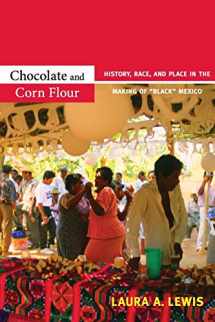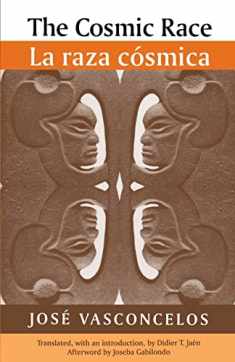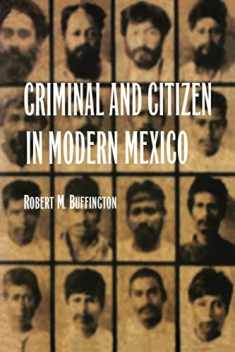
Chocolate and Corn Flour: History, Race, and Place in the Making of "Black" Mexico
Book details
Summary
Description
Located on Mexico's Pacific coast in a historically black part of the Costa Chica region, the town of San Nicolás has been identified as a center of Afromexican culture by Mexican cultural authorities, journalists, activists, and foreign anthropologists. The majority of the town's residents, however, call themselves morenos (black Indians). In Chocolate and Corn Flour, Laura A. Lewis explores the history and contemporary culture of San Nicolás, focusing on the ways that local inhabitants experience and understand race, blackness, and indigeneity, as well as on the cultural values that outsiders place on the community and its residents.
Drawing on more than a decade of fieldwork, Lewis offers a richly detailed and subtle ethnography of the lives and stories of the people of San Nicolás, including community residents who have migrated to the United States. San Nicoladenses, she finds, have complex attitudes toward blackness—as a way of identifying themselves and as a racial and cultural category. They neither consider themselves part of an African diaspora nor deny their heritage. Rather, they acknowledge their hybridity and choose to identify most deeply with their community.


We would LOVE it if you could help us and other readers by reviewing the book
Book review





